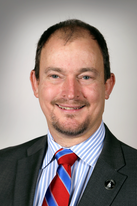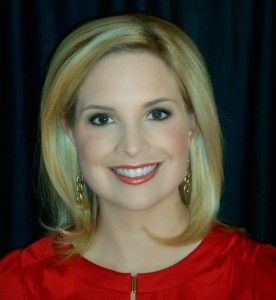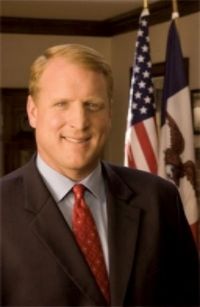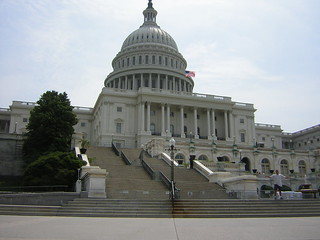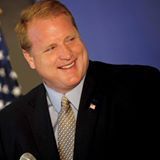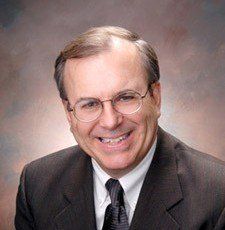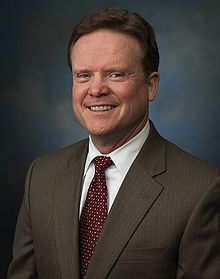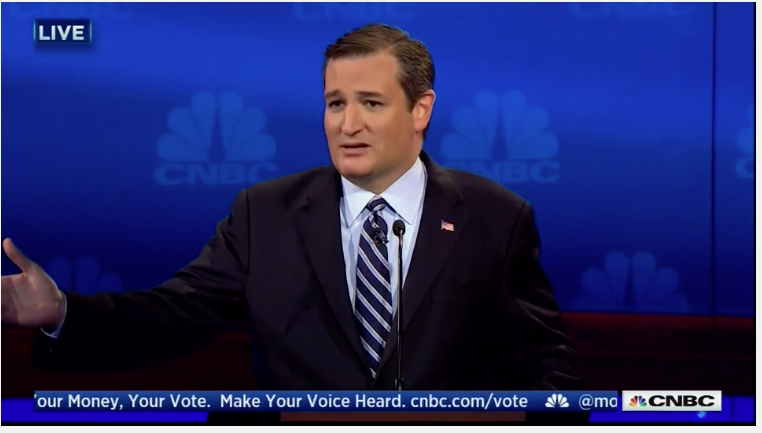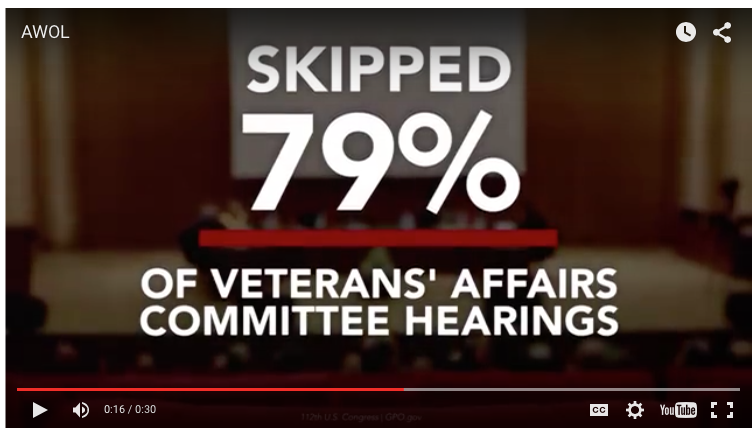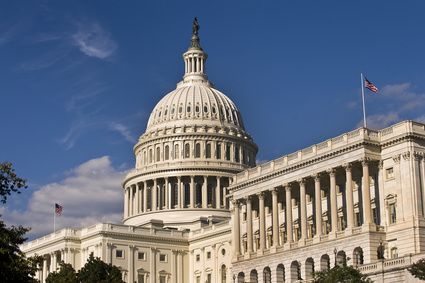Iowa House district 92, covering part of Davenport and other areas in Scott County, has changed hands more times in the last decade than any other seat in the Iowa legislature. Democrat Elesha Gayman defeated Republican incumbent Jim Van Fossen in 2006, when the district was number 84. She held that seat against Republican Ross Paustian in 2008, then retired rather than seeking a third term in 2010. Paustian won the open-seat race by a comfortable margin, with a GOP landslide putting the wind at his back. However, he lost his first re-election bid in the slightly reconfigured House district 92 to former State Senator Frank Wood. Undeterred, Paustian sought a rematch and defeated Wood with some help from another Republican wave in 2014.
Four party switches in the last five elections guarantees that both parties will target this district in the fall.
Paustian is a relatively obscure back-bencher. The vice chair of the House committees on agriculture and environmental protection rarely makes news, except for that time the Des Moines Register’s Brianne Pfannenstiel snapped a photo of him reading the book Sex After Sixty during a long debate over a collective bargaining bill. That story went viral nationally and even made it into a British newspaper.
As of last week, Paustian has a Democratic challenger in Ken Krumwiede. Like Wood, Krumwiede is a career educator, and his campaign announcement signals that school funding will be a central issue in this race. Every Democratic candidate for the legislature should do the same. Last July, Governor Terry Branstad vetoed supplemental spending for K-12 schools and higher education, blowing up a bipartisan budget compromise and blowing a hole in school district budgets. Paustian and most of his fellow statehouse Republicans failed to take up the call to override those vetoes.
I enclose below a district map and background on Paustian and Krumwiede. House district 92 is relatively balanced politically, with 5,686 active registered Democrats, 5,799 Republicans, and 8,820 no-party voters according to the latest figures from the Iowa Secretary of State’s office. (Those numbers do not include voters who changed party affiliation on February 1 to participate in the Iowa caucuses.) President Barack Obama outpolled Mitt Romney among voters in this district by 53.94 percent to 45.0 percent in 2012. But Joni Ernst prevailed over Bruce Braley here in the 2014 U.S. Senate race by a similar margin of 53.26 percent to 43.45 percent.
Any comments related to the House district 92 campaign or candidates are welcome in this thread. The presidential-year electorate may favor Krumwiede, although incumbents have a natural advantage, and Scott County Republicans have been better-organized lately than local Democrats. The Iowa Farm Bureau will surely get involved on Paustian’s behalf, while organized labor including the Iowa State Education Association will likely assist Krumwiede.









